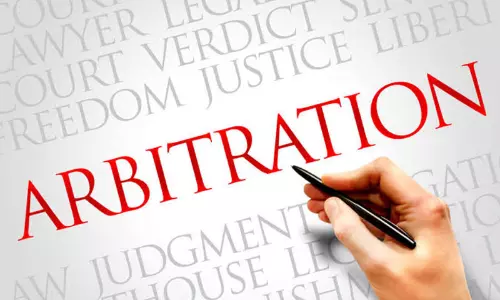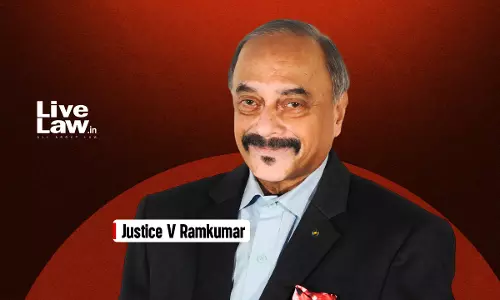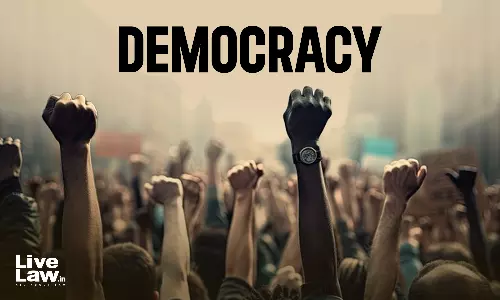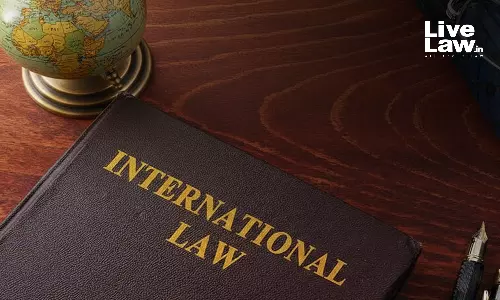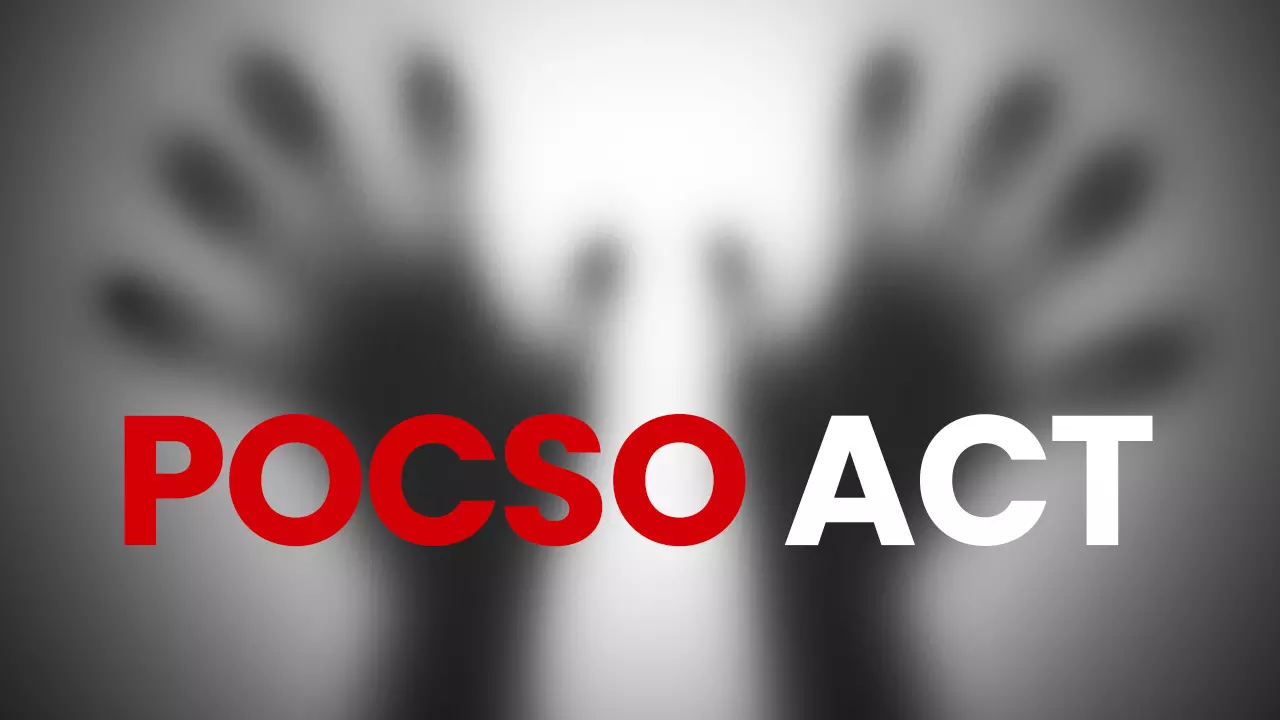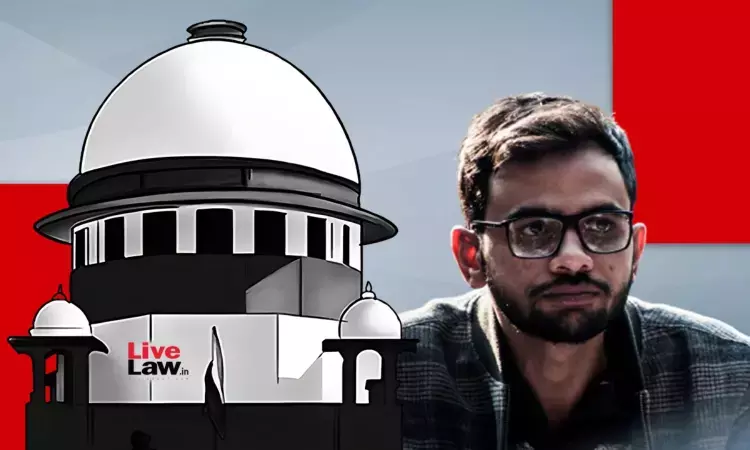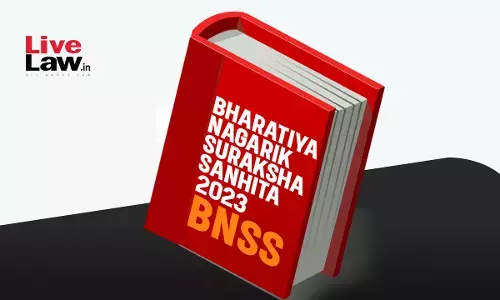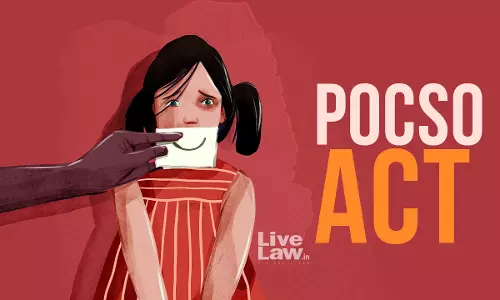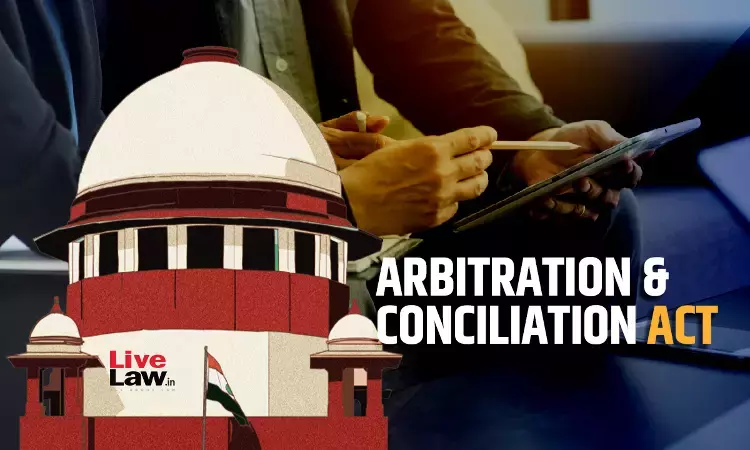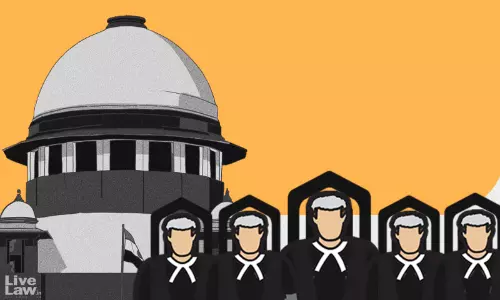Articles
The Illusion Of Progress: Why India Is Not Ready To Be An Arbitration Hub
The desire of India to place itself near the global arbitration hubs has continued to falter under the pressure of inconsistency in policies, lack of efficiency in the administration and general unwillingness to adopt the rapid method of solving disputes. Although Indian arbitration system has been remodeled and promises and commitments are repeatedly given, the system has remained entrenched...
The Curial Act Of “Taking Cognizance Of An Offence” And Its Ramifications Under BNSS
C O N T E N T SSl.No:I N N E R T I T L E SPARANo:WHAT DO YOU MEAN BY THE WORD “OFFENCE” ? Comparative table showing Section 2 (24) of BNS and Section 40 IPC11WHETHER IT IS A “COGNIZABLE OFFENCE” OR A “NON-COGNIZABLE OFFENCE”, TAKING COGNIZANCE OF THE OFFENCE BY THE COURT IS A MUST2WHAT IS MEANT BY “TAKING COGNIZANCE OF AN OFFENCE”3WHICH PROVISION OF LAW GIVES AUTHORITY TO THE MAGISTRATE TO TAKE COGNIZANCE OF AN OFFENCE Comparative table of S.210 BNSS and S.190 Cr.P.C.44 ...
Institutional Coalitions and Constitutional Consequences
A Theory of 'Eidocracy'For centuries, political philosophy has grappled with the fragility of freedom—how power, even when born of the people, tends to turn inward and preserve itself. Much has been written about the tyranny of rulers, the indifference of citizens, and the illusions that sustain authority. Yet what has remained less examined is the silent transformation that takes place within lawful systems themselves: when obedience endures without conviction, and legitimacy survives without...
Trampling Sovereignty: Donroe Doctrine And The Paradoxes Of International Law
The Action In VenezuelaThe recent military actions conducted by the United States to arrest Venezuelan President Nicolás Maduro and his wife on charges of narco-terrorism, apart from exhibiting the shifting dynamics between economic and territorial imperialism, broach certain crucial questions for international law. It is far from obfuscating that harping on any rule-based international order, democratisation, and human rights is one thing, and actually practising them is quite another. Yet, the...
Guilty Until Proven Innocent: Jurisprudence Of Social Death And Irreparable Consequences Of Malicious POCSO Prosecutions
The Golden Thread of Indian criminal jurisprudence the presumption of innocence is more than a legal technicality it is a constitutional promise enshrined under Article 21. However, in the hyper-sensitive corridors of the Protection of Children from Sexual Offences (POCSO) Act, 2012, this thread is increasingly being severed. While the Act was born of a noble, urgent necessity to shield our children from trauma, its procedural framework has inadvertently created a statutory trap. For the wrongly...
Dissent Behind Bars: Unpacking The Delhi Riots Bail Judgment
Pre-trial liberty is not a technical privilege, but rather a moral presumption that, in a democracy, punishment follows proof, not mere accusation. The recent judgment in the Delhi Riots Conspiracy case under the UAPA sits uneasily with this presumption previously echoed in the Supreme Court's bail jurisprudence, even in the context of the UAPA.Bail, democracy, and statutory rigoursThe UAPA bail regime already inverts the ordinary grammar of liberty by treating jail as the norm and bail as the...
Audi Alteram Partem at the Stage of Cognizance under the BNSS, 2023
A Right without Effective RemedyThe principle of audi alteram partem that no person should be condemned unheard is often invoked as a touchstone of procedural fairness. Under the Bharatiya Nagarik Suraksha Sanhita, 2023 (BNSS), courts have increasingly begun recording that the accused was “heard” before cognizance was taken. At first glance, this appears to mark a rights oriented shift in criminal procedure.Yet, a closer examination reveals a troubling paradox. The hearing now being afforded at...
The Synthetic Victim: Why India's POCSO Law Must Interpret 'Child' as Appearance, Not Ontology
The Statutory Framework and the Problem of Synthetic MinorsIn 2012, the parliament came up with gender-neutral legislation under the title 'The Protection of Children from sexual offences act' to take care of children against sexual offences. The act refers to the child as any individual under the age of eighteen years. Later in the year 2019, the law sought to revise it and introduced a new provision, and a new section 2(1)(da), which deals with child pornography, was added. This amendment...
Section 29A(6) and the Perils of Mechanical Substitution: Reading Mohan Lal Fatehpuria Correctly
The decision of the Supreme Court in Mohan Lal Fatehpuria v. Bharat Textiles has led to considerable discussion on the interpretation of Section 29A(6) of the Arbitration and Conciliation Act, 1996. The concern that appears to have emerged is whether the judgment should be read to mean that the moment the statutory timeline for making an arbitral award expires, substitution of the...
Credibility Of India's Justice System: Appointment, Promotion, Transfer Of Judges
Independence of the judiciary The Constituent Assembly (CA) discussed the need for an independent judiciary, so that a constitution court would deliver justice to the People. This involved the appointment and tenure of judges, their retirement age, salary, etc. The CA drafted and promulgated the Constitution, which has basic characteristic features, the elements of which are: Supremacy of We the People; Primacy of the Constitution and its unitary character;...
Can Speech Be Qualified As A Terrorist Act?What Supreme Court's Expansive Definition Of S.15 UAPA Means
On January 5, the Supreme Court denied bail to Umar Khalid and Sharjeel Imam after prima facie observing that the prosecution's evidence suggests that they played a 'central and formative role' in the Delhi riots' larger conspiracy. It granted bail to five other co-accused, basing its arguments on the “hierarchy of participation” of the co-accused persons as only facilitative/mere association in the larger conspiracy, as against the two others who stand on a “qualitatively different footing”...
The Forgotten Right
In India's criminal justice system, arrest is a procedural mechanism intended to secure the presence of an accused for the purposes of investigation. In a catena of judgments, the Hon'ble Supreme Court and various High Courts across the country have consistently held that where this objective can be achieved through less intrusive means, the investigating agency must adopt such alternatives and refrain from unnecessary arrests. Despite these clear judicial pronouncements, arrest has increasingly...



